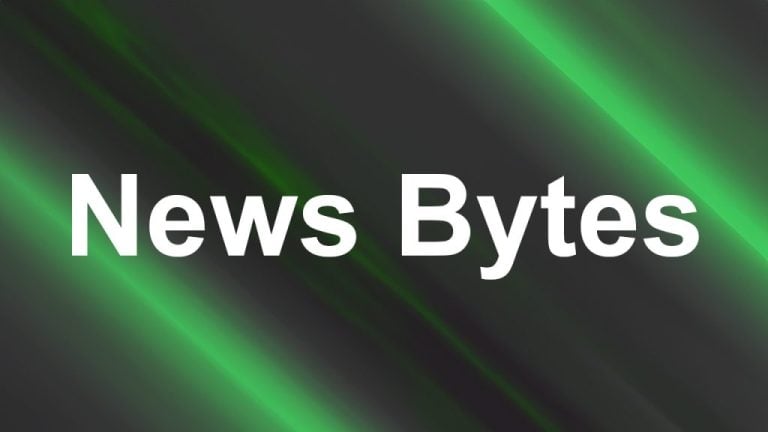CACEIS Bank is one of the first European banks to obtain the DASP license.
The CACEIS Bank has obtained a DASP license from the French financial regulator AMF. CACEIS Bank is a subsidiary of Santander and Credit Agricole that services assets for institutional and corporate clients. With the license, the bank will be able to provide crypto custody services to its clients.
President of Adan, Simon Polrot, praised CACEIS Bank for obtaining the license. He said:
“It shows that France is at the forefront of crypto regulation in Europe and that it can attract and retain leading players in this field.”
How the DASP License Enables Crypto Custody Services
The French Government introduced the DASP license in 2019 to regulate crypto-related activities. The AMF grants the license to service providers that offer various services such as custody, exchange, trading, advisory and issuance of crypto assets. The license also enables the service provider to operate across the European Union under the current regime.
CACEIS Bank is one of the first European banks to obtain the DASP license. The bank can now offer its clients a secure and regulated solution for storing and managing their crypto assets. Crypto custody services involve holding and safeguarding the private keys that control access to crypto assets. These services are essential for institutional investors who want to invest in crypto assets without worrying about security and compliance.
Speaking on behalf of the bank, CACEIS Bank’s CEO Jean-François Abadie said:
“We are very proud to obtain this license, which confirms our leading position in the asset servicing market.”
France Tightens Crypto Regulations
While France has been supportive of the cryptocurrency industry, it has decided to tighten its regulations recently. In March, the legislative arm approved a bill to harmonize local laws with proposed European Union (EU) standards. Consequently, DASPs will face stricter regulations from July.
The new measure requires firms to comply with tighter Anti-Money Laundering measures. They must segregate customer funds and disclose more details about risks and conflicts of interest. However, the 61 firms already registered with the AMF will be exempted until the MiCA framework. The AMF has been actively involved in the development of MiCA and has expressed its support for the initiative which will launch next year.
An experienced writer with practical experience in the fintech industry. When not writing, he spends his time reading, researching or teaching.




